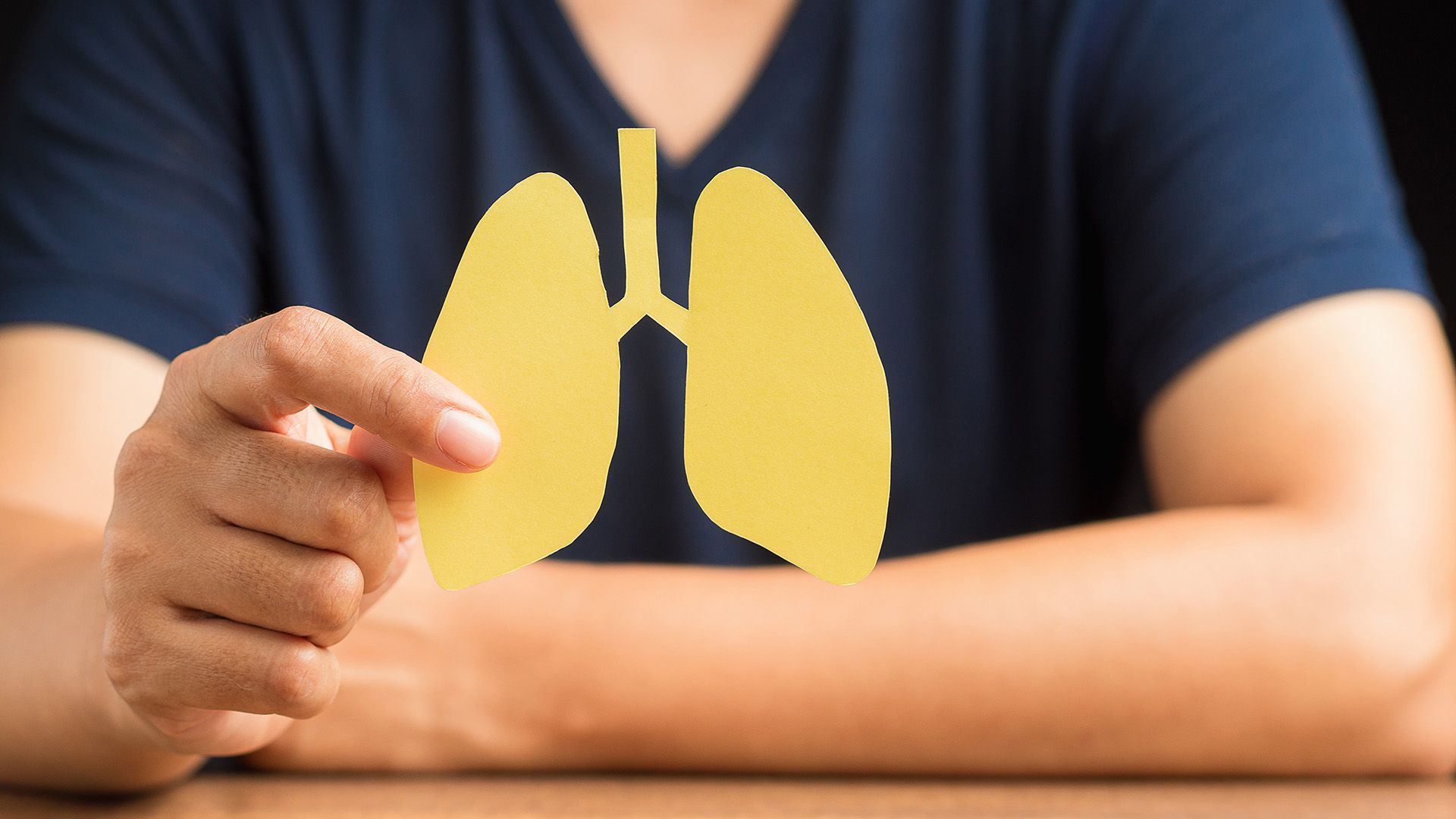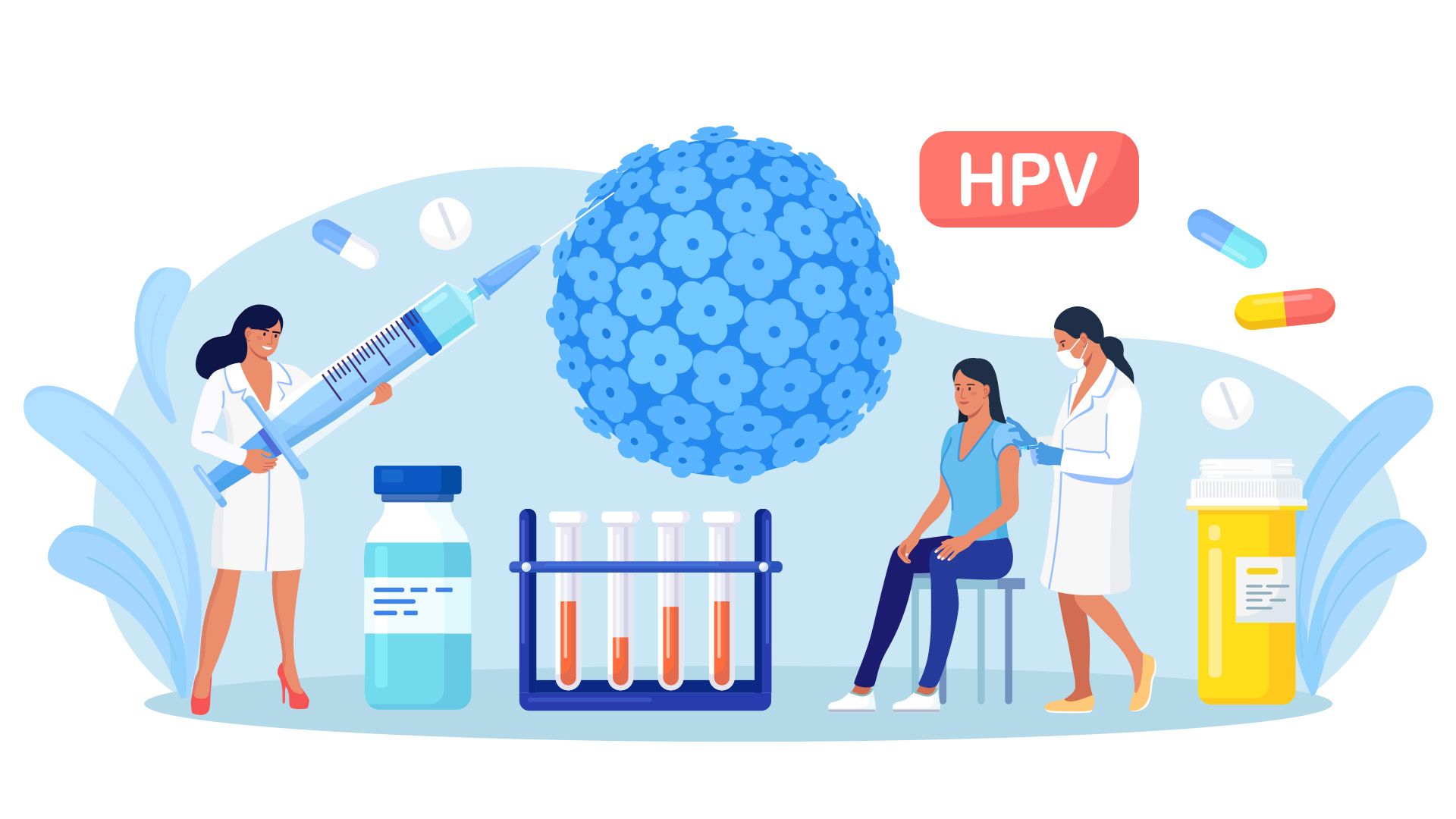Non-surgical micro procedures making strides
Fallopian tube recanalisation now performed in South Africa - a first in Sub-Saharan Africa
The pioneering field of interventional radiology is opening up new treatment possibilities, precisely targeting health problems that often lie deep within the body – without the need for invasive traditional surgery. Recently, the scope of what is being achieved with these micro procedures has extended even further to include procedures for highly targeted treatment of liver cancer, and for identifying and remedying a relatively common cause of infertility in women.
“Today micro-invasive treatments are helpful for a wide range of conditions from fibroids, prostatic enlargement, advanced pelvic cancers, and delivering cancer treatments, to a diverse array of interventional radiology procedures in the chest and abdomen,” says diagnostic and interventional radiologist and founder of The Microsurgery, Dr Gary Sudwarts, who practises at a number of Netcare hospitals.
What is interventional radiology?
Using imaging equipment including specialised x-rays, a thin catheter wire is inserted into an artery through a tiny puncture in the patient’s skin and carefully directed to the relevant site within the body for treatment.
In the case of artery embolisation procedures, tiny particles are released at the site to starve the lesion of blood supply, causing it to wither and become harmless. Chemoembolisation procedures deliver a dose of chemotherapy right to the blood vessels supplying the tumour. These micro procedures are performed while the person remains conscious, or with only minor sedation where needed.
A distinct advantage of interventional radiology approaches is that procedures are non-surgical, and therefore less physically traumatic than traditional open surgery. Micro procedures do not incur many of the risks associated with open surgery and do not require general anaesthetic. Often the recovery is quicker and the hospital stay reduced, compared with traditional open surgeries.
“In the past, such options were usually reserved for inoperable conditions and for patients who could not tolerate anaesthetic well or had other risk factors that otherwise precluded them from surgery. Developments in the field in recent years have opened many new applications for these least invasive interventions. Now, interventional radiology is increasingly recommended as a first line treatment for patients in appropriate instances, with a growing list of applications,” he says.
Dr Sudwarts is well known for his work in raising awareness of uterine fibroids, which include symptoms of heavy menstrual bleeding, abdominal pain and bloating, among others, and can cause infertility.
“Previously, women would have had to undergo open surgery, often a hysterectomy, to find relief from uterine fibroids. Now, the minimally invasive uterine fibroid embolisation procedures that are available allow for the condition to be treated without sacrificing fertility in the childbearing years.”
Non-surgical treatment for blocked fallopian tubes – a first in Sub-Saharan Africa
There are many possible causes of infertility. Following a gynaecologist or fertility specialist’s comprehensive assessment and diagnosis, women who are unable to conceive due to a blockage in their fallopian tubes now have an advanced non-surgical option available.
Dr Sudwarts and Dr Maja Wojno recently became the first interventional radiologists to offer fallopian tube recanalisation in Sub-Saharan Africa in a procedure performed at Netcare Park Lane Hospital in Johannesburg, and so far more than 20 women have undergone the procedure successfully.
“The fallopian tubes are crucial to fertility and if they become blocked, commonly due to clusters or casts of cells, fertilisation cannot take place. This micro procedure to reopen the fallopian tubes is painless and does not require the woman to stay over in hospital or take additional recovery time off work.”
The procedure is available to women through The Microsurgery at Netcare Christiaan Barnard Memorial, Netcare UCT Private Academic, Netcare uMhlanga Hospital, and Netcare Park Lane hospitals.
TACE for cancer of the liver
In a first for Cape Town, Dr Sudwarts and Dr Wojno recently performed a highly specialised transarterial chemoembolisation (TACE) with Lipiodol; a micro-invasive procedure for multifocal hepatocellular carcinoma, the most common type of primary liver cancer, at UCT Private Academic Hospital.
“The aim of the TACE procedure is to deliver a very high dose chemotherapy directly to the cancer cells in the liver. Usually this kind of cancer is inoperable, and unfortunately patients tend to be diagnosed once it has already started to progress.”
Following the South African Health Regulatory Authority’s (SAHPRA’s) recent approval of an advanced combined contrast agent, chemotherapy vehicle and embolic agent known as Lipiodol Ultra Fluid, Dr Sudwarts and Dr Wojno used this triple-action fluid in the procedure to precisely target the cancerous cells in the liver.
“The micro-invasive TACE is extremely safe and not painful, and it can be effective in decreasing the size of the tumour or extent of metastases, improving patients’ quality of life and survival prospects. This treatment is available through The Microsurgery at Netcare UCT Private Academic and Netcare Christiaan Barnard Memorial hospitals.”
Jacques du Plessis, managing director of Netcare’s hospital division, congratulated Dr Sudwarts, Dr Wojno and the team for continually seeking new and effective treatments for the benefit of patients.
“The world-class micro-invasive options made possible through interventional radiology have revolutionised treatments for a wide range of conditions, and we are grateful for the specialists’ dedication to bringing the advantages of these treatment modalities to patients in Netcare hospitals,” Du Plessis concluded.













